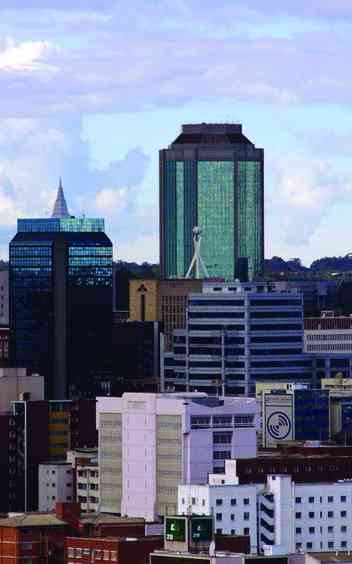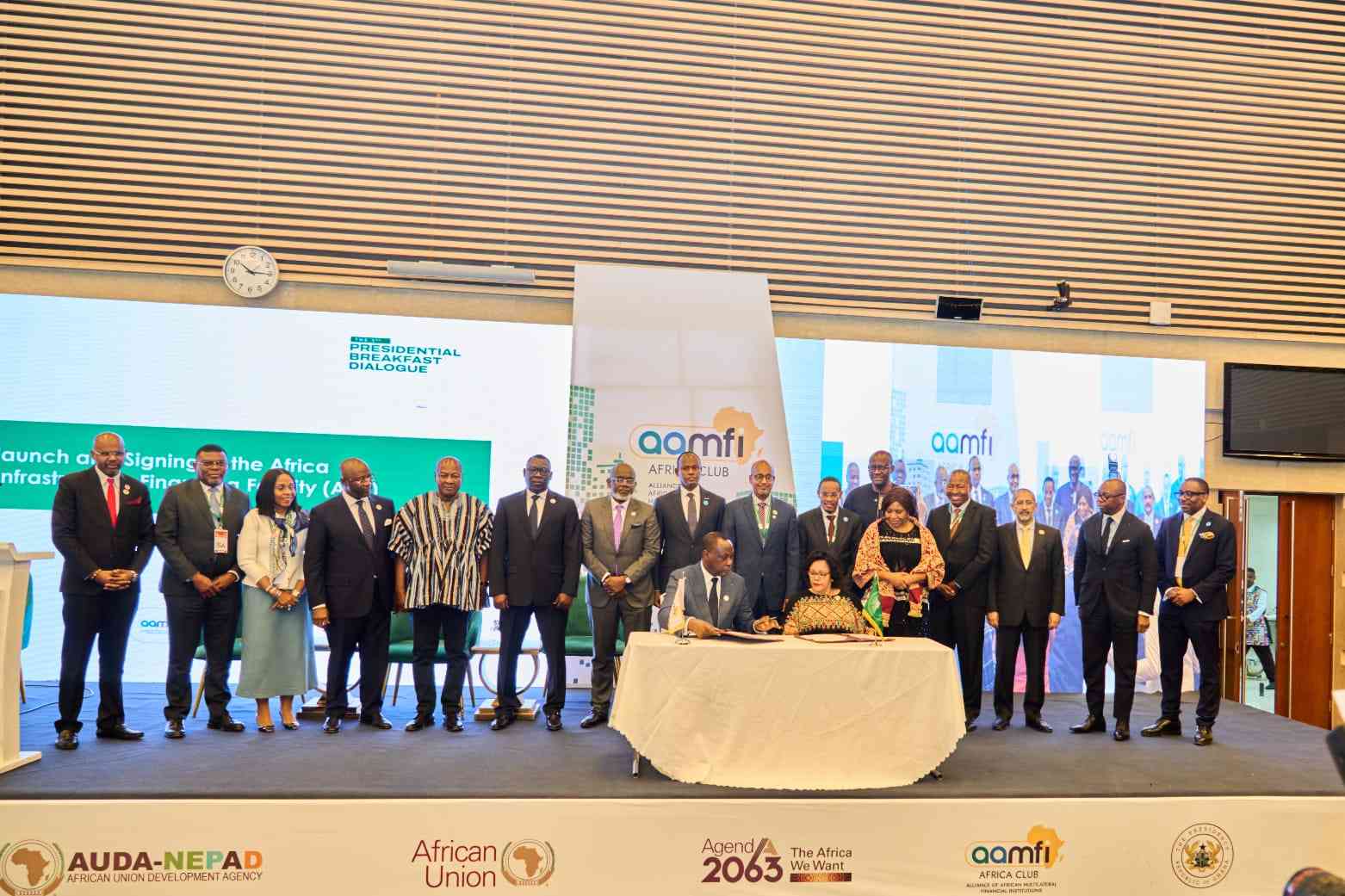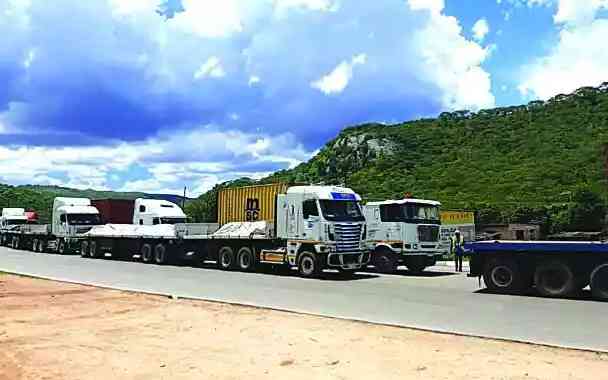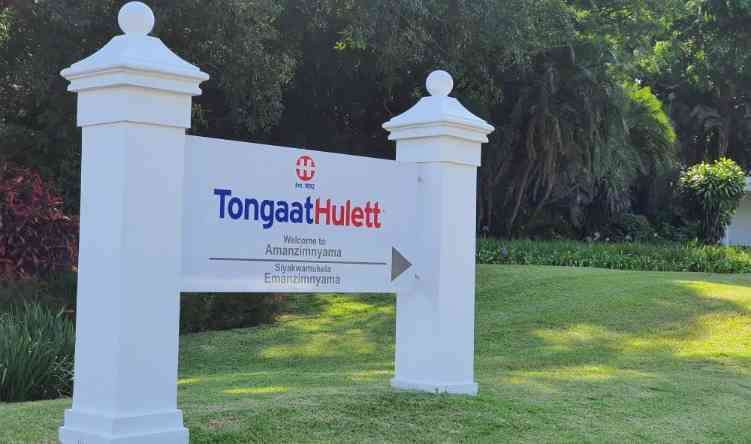
RENTAL rates in Harare's suburban office space have surged by 20% over the past year, as companies intensify a decade long exodus out of the city's central business district (CBD), a leading real estate firm said this week.
The drift out has been triggered by shifting business landscapes in Zimbabwe’s cities, where thousands of informal traders dominate street pavements.
According to real estate firm Knight Frank, this structural shift is also driven by the search for less congested environments out of CBDs.
“Harare’s office market is undergoing a structural transformation as occupiers continue to migrate from the CBD to suburban nodes such as Newlands, Eastlea, Mt Pleasant, Milton Park, and Belvedere,” Knight Frank said in a report titled “Africa Offices Market Dashboard”, which looked at trends during the first half of 2025.
“This decentralisation trend has driven year on year rental growth of approximately 20% in suburban locations, with average rates now ranging between US$8 to US$10 per square metre per month, compared to US$5 to US$7 per square metre the CBD.
“The shift is driven by the demand for a less congested, more accessible environment and the repurposing of residential properties into small sized office spaces, which is expanding suburban stock.”
For property owners, the shift into suburban areas has seen office yields surpassing those in the CBD.
“Elsewhere, suburban office yields are averaging around 9%, while CBD assets trail at 6%, notably lower than comparative markets in Zambia, Mozambique, and South Africa,” Knight Frank said.
Market fundamentals are under strain from elevated inflation, currency depreciation, and a strong preference for US dollar-denominated transactions, which complicate valuations and reduce liquidity, the report stated.
“Additionally, high interest rates and limited access to finance continue to constrain both development and transaction volumes,” it said.
“The formal sector’s limited growth, coupled with regulatory uncertainty and policy inconsistency, further suppresses demand for traditional offices, particularly in the CBD.
“As a result, older CBD stock is experiencing increased vacancy rates, averaging 40%, driven by weak formal sector demand and regulatory unpredictability. In contrast, Grade A suburban offices report vacancy rates as low as 10%, reflecting strong occupier demand and limited prime supply.”
According to Zimbabwe’s largest online property website, Property.co.zw, short term rental spaces such as shared offices, serviced offices, and co working hubs are also attracting corporates to the suburbs where these types or properties are mostly found.











